Audio
Student work • Los Angeles 2022
 Many students attending San Joaquin County community colleges rely on their school to provide Wi-Fi hotspots.
Many students attending San Joaquin County community colleges rely on their school to provide Wi-Fi hotspots.
Published July 28, 2022
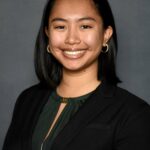 Vivenne Aguilar
Vivenne Aguilar

Delta College student, Marge Arellano poses in front of her laptop and a wifi hotspot she is borrowing from the school. Photo courtesy of Marge Arellano.
Listen to it below:
California’s San Joaquin County struggles with digital equity. Many students attending the local community college rely on their school to provide Wi-Fi hotspots. The city of Stockton takes a direct approach to solving their digital equity issues.
AAJA VOICES’ fellow Vivienne Aguilar reports how the pandemic has highlighted the lack of connectivity for students and forced Stockton to act.
When the pandemic started, many students and families in Stockton, California couldn’t support a stable internet connection when schools moved online. A majority of students borrowed Wi-Fi hotspots from their schools. Many still are.
Stockton, the county seat for San Joaquin County, reports roughly one-third of all households live without internet access. Areas outside of the city are also experiencing technology equity problems. The pandemic has highlighted the lack of connectivity for students and forced Stockton to act.
San Joaquin Delta College is loaning out hundreds of hotspots and computers over the summer semester, according to the school’s communications director Alex Breitler. Marge Arellano is one of these students. She’s a recent graduate of Delta’s nursing program.
Arellano commutes from Linden, a small town about 20 minutes outside Stockton. She says she doesn’t have reliable internet access at home, and she needs it for school.
“Wi-Fi is like having water and electricity at home,” says Arellano. “It’s a necessity nowadays. You have to be connected somehow to what’s going on in the world.”
“Everything you need to research for assignments and everything is online,” says Arellano. “So yeah, it’s definitely an important thing to have.”
Even though Arellano has her degree, she continues to rent a Wi-Fi hotspot from Delta. The school’s English professor Gabrielle Meyers has been teaching online for several years before the pandemic.
“The online platform can benefit students greatly in terms of equity,” says Meyers. “But also there are a lot of inequities there in terms of access to the technology.”
The college tries to bridge the technology gap by offering free laptops and hotspots for students to borrow. But, Meyers says not all students are aware of that. Also, online learning has many other tech-related challenges.
“There are always issues like, ‘What happens if the internet goes out? What happens if I lose internet service?’ And sometimes that’s out of the students’ control,” says Meyers. Like I had some students whose parents couldn’t make the bills and so then they suddenly lost access.”
Meyers says it’s hard to get students back once students are offline. While students at Delta have access to Wi-Fi hotspots, the city of Stockton is working on a more permanent solution to the digital equity issue. The proposed Fiber Optic Master Plan would create a fiber network and provide reliable internet access to city residents.
“Stockton plans to own the fiber network,” says Dodgie Vidad, the city’s spokesperson for the plan. “One of the goals of this master plan is to be independent of vendor-provided fiber facilities.”
The plan could increase competition among internet service providers and ultimately lower costs for people living in Stockton. But even with this, it’s unclear if the neighborhoods that need reliable internet the most will get it. Accurate data highlighting areas that would benefit the most from something like the Fiber Optic Master Plan won’t be available until later this year, according to the Public Policy Institute of California’s communications manager, Sarah Bardeen.
For now, the city can provide free computers and up to three years of paid internet service, through Stockton’s Digital Equity Project, to some households in areas with limited internet access. But that won’t help people like Marge Arellano and other Delta students living outside Stockton.
“We’re just using our phones’ data plan as internet,” says Arellano. “And I’m taking fall classes too, so I’ll have the hotspot at least through December.”
After that, she doesn’t know how she’ll get internet.
Vivienne Aguilar is a 2022 Voices reporter. This story was edited by Tiffany Camhi.
Vivienne Aguilar is an intern on the service journalism team at The Sacramento Bee. She is a 2022 graduate of California State University, Monterey Bay. She previously worked at the Lodi News-Sentinel and was editor-in-chief for the Delta Collegian.
Tiffany Camhi is the All Things Considered host and reporter at Oregon Public Broadcasting in Portland, Oregon.
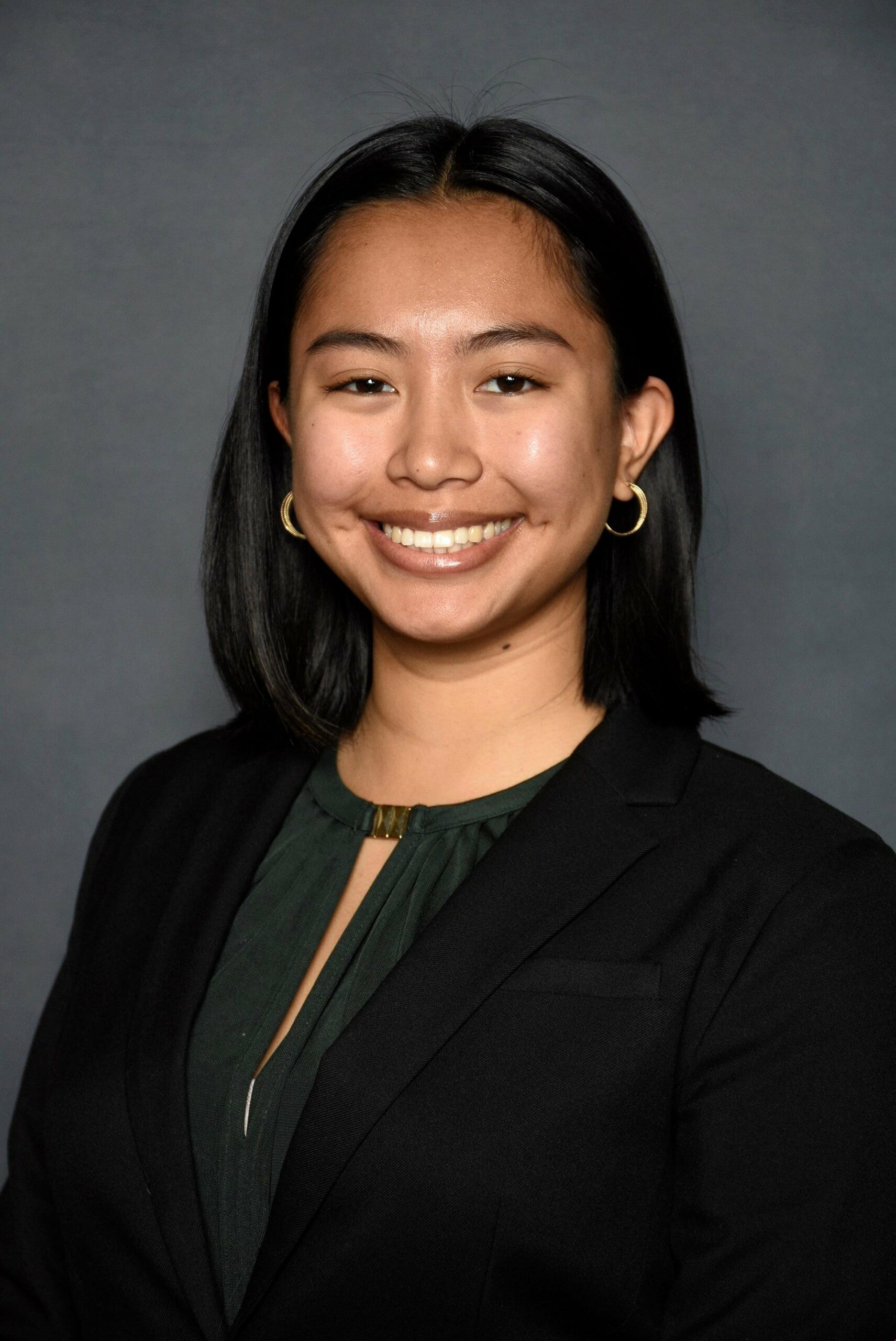
California State University – Monterey Bay
Audio
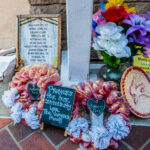


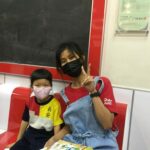
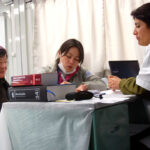
Los Angeles 2022

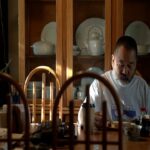



Apply
Become a fellow or editor
Donate
Support our impact
Partner
Work with us as a brand
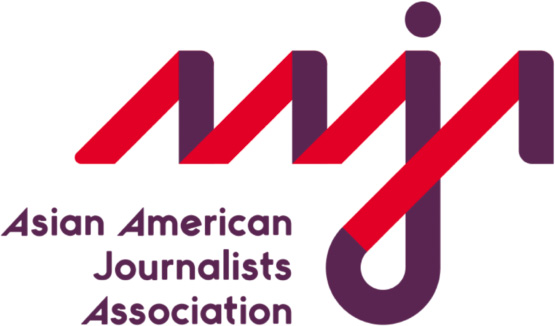
The Asian American Journalists Association (AAJA) is a membership nonprofit advancing diversity in newsrooms and ensuring fair and accurate coverage of communities of color. AAJA has more than 1,500 members across the United States and Asia.